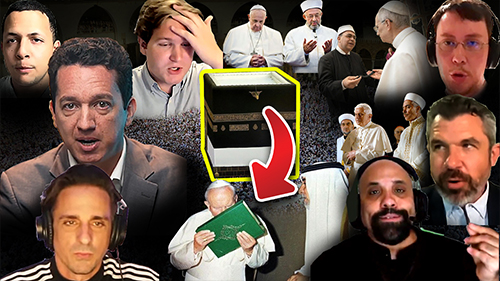Spirituality
St. Louis De Montfort: “… the greatest saints, the souls richest in graces and virtues, shall be the most assiduous in praying to our Blessed Lady, and in having her always present as their perfect model for imitation and their powerful aid for help.” (True Devotion to Mary #46)
Doctrine
Pope Eugene IV: “The Holy Roman Church, founded by the voice of our Lord and Savior, firmly believes, professes, and preaches one true God, omnipotent, unchangeable, and eternal, Father, Son, and Holy Ghost… These three persons are one God, and not three gods, because of the three there is one substance, one essence, one nature, one divinity, one immensity, one eternity… It [the Holy Roman Church] condemns, rejects and anathematizes all who think opposed and contrary things, and declares them to be aliens from the Body of Christ, which is the Church.” (Council of Florence, “Cantate Domino,” 1441, ex cathedra)










 " />
" /> " />
" /> " />
" /> " />
" /> " />
" />





